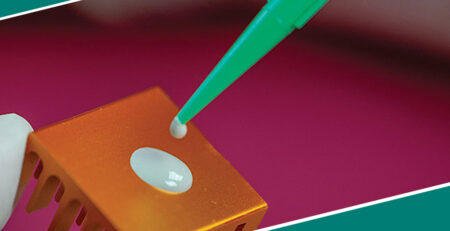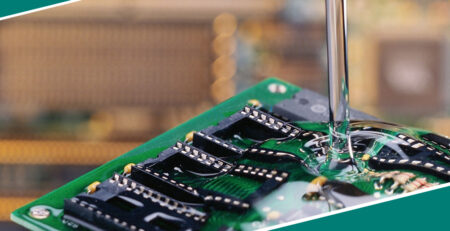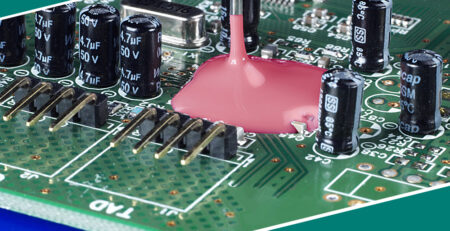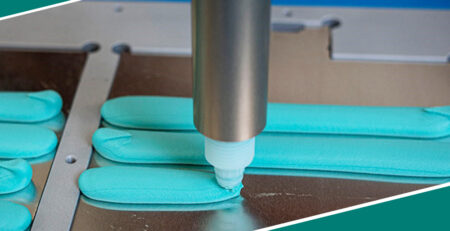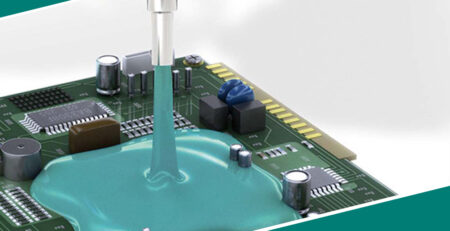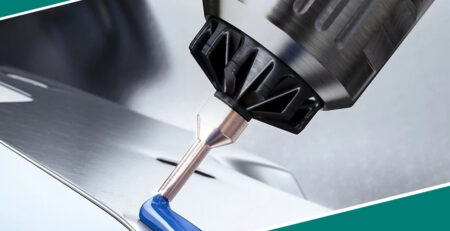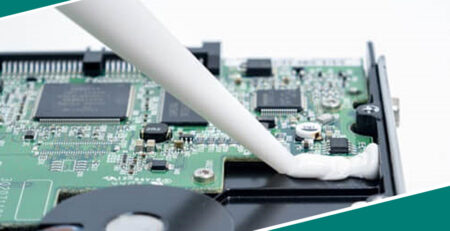Electrical Insulation with Epoxy Resins
Electrical Insulation with Epoxy Resins
Electrical insulation is critical to modern electrical engineering, influencing electrical systems’ performance, safety, and longevity. Among various insulating materials, epoxy resins have gained prominence due to their excellent insulating properties, mechanical strength, and resistance to environmental factors. This article delves into the properties, applications, advantages, and limitations of epoxy resins as electrical insulators and insights into their formulation and future trends in electrical insulation.
What Are Epoxy Resins?
Epoxy resins are a class of thermosetting polymers formed by the reaction of epoxide (an oxirane compound) with hardeners or curing agents. The curing process transforms the liquid resin into a solid, three-dimensional network structure, imparting exceptional strength, durability, and chemical resistance. Epoxy resins can be formulated to meet specific requirements, making them suitable for various applications, including electrical insulation.
Chemical Composition
The primary components of epoxy resins include:
- Epoxy Monomersare the foundational building blocks, typically based on bisphenol A or novolac resin.
- Curing Agents:Common curing agents include amines, anhydrides, and polyamide resins, which facilitate the cross-linking of epoxy monomers during the curing process.
- Fillers and Additives:Various fillers (such as silica, alumina, or carbon black) and additives (like flame retardants or UV stabilizers) can be incorporated to enhance specific properties.
Properties of Epoxy Resins
Epoxy resins possess several properties that make them ideal for electrical insulation:
- High Dielectric Strength:Epoxy resins exhibit excellent dielectric strength, which allows them to withstand high voltages without breaking down. This property is crucial for preventing electrical shorts and failures in electrical systems.
- Low Dielectric Constant:A low dielectric constant minimizes energy loss and reduces the risk of signal distortion in electrical applications.
- Thermal Stability:Epoxy resins can withstand high temperatures without losing their insulating properties, making them suitable for heat generation applications.
- Chemical Resistance:They resist various chemicals, including oils, solvents, and acids, which help protect electrical components in harsh environments.
- Moisture Resistance:Epoxy resins are non-porous, preventing moisture ingress and maintaining insulation integrity even in humid conditions.
Applications of Epoxy Resins in Electrical Insulation
Epoxy resins are utilized in numerous applications across the electrical and electronics industry, including:
Insulation of Electrical Components
Epoxy resins are commonly used to insulate electrical components such as transformers, capacitors, and circuit boards. Their high dielectric strength ensures reliable operation and prevents electrical failures due to insulation breakdown.
Encapsulation of Electronic Devices
Encapsulation is a process where electronic devices are coated or embedded in epoxy resin to protect them from environmental factors, mechanical stress, and moisture. This is particularly important for sensitive components like semiconductors and sensors.
Printed Circuit Boards (PCBs)
Epoxy resins are widely used as substrates for PCBs, providing electrical insulation between conductive pathways. They are also utilized in the solder mask and conformal coating to protect against contaminants and humidity.
Electrical Potting Compounds
Potting involves filling a housing or enclosure with epoxy resin to secure and insulate electrical components. This process enhances mechanical stability, reduces vibrations, and protects against moisture and dust ingress.
Cable Insulation
Epoxy resins are used as insulation materials for electrical cables, providing robust protection against environmental stressors and ensuring safe power transmission.
Insulating Coatings
Epoxy-based insulating coatings are applied to various surfaces, including electrical equipment and enclosures, to enhance their insulation properties and protect against corrosion and abrasion.
 Advantages of Using Epoxy Resins for Electrical Insulation
Advantages of Using Epoxy Resins for Electrical Insulation
The choice of epoxy resins as electrical insulators is driven by several advantages:
Superior Mechanical Strength
Epoxy resins exhibit excellent mechanical properties, including tensile strength and impact resistance. This strength ensures insulated components can withstand physical stresses during operation and handling.
Customizability
Epoxy formulations can be tailored to meet specific requirements, allowing manufacturers to optimize properties such as curing time, viscosity, and thermal conductivity.
Environmental Resistance
Epoxy resins protect against environmental factors, including moisture, UV radiation, and chemicals. This resistance extends the lifespan of electrical components and reduces maintenance costs.
Low Shrinkage
Epoxy resins exhibit low shrinkage during curing, minimizing the risk of voids and cracks in the cured material. This property is essential for maintaining the integrity of electrical insulations.
Ease of Application
Epoxy resins can be easily applied through various methods, including brushing, spraying, or pouring, making them versatile for different manufacturing processes.
Limitations of Epoxy Resins
Despite their advantages, epoxy resins also have some limitations that must be considered:
Brittleness
Once cured, epoxy resins can be relatively brittle, which may lead to cracking under extreme mechanical stress or temperature changes. This brittleness can be a concern in applications requiring flexibility.
Sensitivity to Temperature Changes
While epoxy resins can withstand high temperatures, rapid temperature changes can cause thermal shock, which can lead to cracking or delamination in some cases.
Long Cure Times
Depending on the formulation and ambient conditions, curing times for epoxy resins can be longer than those of other insulating materials. This can impact production timelines and efficiency.
Environmental Concerns
Some epoxy formulations may contain hazardous components, such as volatile organic compounds (VOCs) or bisphenol A, raising concerns about environmental impact and worker safety. However, advancements in epoxy formulations are addressing these issues.
Formulation of Epoxy Resins for Electrical Insulation
The performance of epoxy resins as electrical insulators is heavily influenced by their formulation. Critical considerations in the formulation process include:
Resin Selection
Choosing the suitable epoxy monomer is crucial for achieving the desired properties. Bisphenol A epoxies are typical due to their excellent mechanical and thermal properties, while novolac resins offer enhanced thermal stability.
Curing Agent Compatibility
The selection of curing agents impacts the curing process and the final properties of the epoxy resin. For example, amine curing agents provide faster curing times but may lead to brittleness, while anhydride curing agents offer superior thermal stability.
Fillers and Additives
Incorporating fillers can enhance properties such as thermal conductivity, flame resistance, and mechanical strength. However, the choice of fillers must be balanced against the impact on electrical insulation performance.
Processing Conditions
Factors such as temperature, humidity, and mixing techniques play a critical role in the curing process and the final performance of the epoxy resin. Proper control of processing conditions is essential to ensure uniformity and consistency.
Future Trends in Epoxy Resins for Electrical Insulation
The field of electrical insulation using epoxy resins is evolving rapidly, driven by technological advancements and increasing demand for efficient, reliable materials. Some future trends include:
Development of Bio-based Epoxy Resins
With growing environmental awareness, there is a push towards developing bio-based epoxy resins derived from renewable sources. These materials aim to reduce dependence on petroleum-based chemicals while maintaining performance.
Nanotechnology Integration
Incorporating nanomaterials, such as carbon nanotubes or graphene, into epoxy formulations can enhance electrical conductivity, thermal management, and mechanical properties, opening new possibilities for high-performance insulation.
Smart Insulation Materials
Research is underway to develop epoxy resins that can monitor electrical insulation properties in real-time. These intelligent materials can detect changes in temperature, humidity, or electrical properties, enabling predictive maintenance and improving system reliability.
Sustainability Initiatives
Manufacturers increasingly focus on sustainable practices, including recycling and reducing waste in producing epoxy resins. This shift aims to minimize the environmental impact of electrical insulation materials
Enhanced Performance Standards
As electrical systems become more complex and demanding, developing enhanced performance standards for epoxy-based electrical insulation is expected. This will drive innovation and improvements in insulation materials.
Conclusion
Epoxy resins play a vital role in electrical insulation, providing exceptional mechanical strength, dielectric properties, and resistance to environmental factors. Their versatility allows them to be tailored for various applications, ranging from encapsulation of sensitive electronic components to insulation of electrical cables. Despite some limitations, ongoing advancements in epoxy formulations and a focus on sustainability position epoxy resins as a critical player in the future of electrical insulation. As the demand for reliable and efficient electrical systems continues to grow, developing innovative epoxy-based insulating materials will be crucial in meeting the challenges of modern electrical engineering.
For more about a complete guide to the electrical insulation with epoxy resins, you can pay a visit to Deepmaterial at https://www.adhesivesmanufacturer.com/ for more info.




